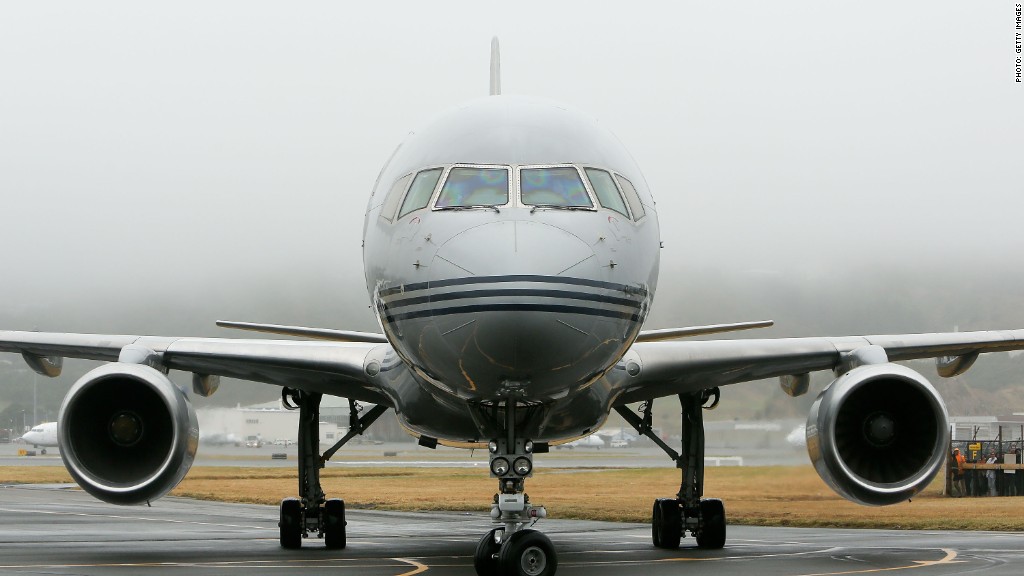
America's airports desperately need air traffic controllers.
Air traffic control towers are understaffed and at their lowest point in 27 years, according to the National Air Traffic Controllers Association.
Air traffic controllers are forced to work six-day weeks in extra busy airports in New York, Dallas, Atlanta and Chicago, the union said. The number of air traffic controllers has dropped 10% since 2011, and the FAA is falling short of its hiring goals.
The union said the FAA was supposed to hire 1,772 air traffic controllers in the most recent fiscal year, but hired only 1,178.
More air traffic controllers are needed just to fill gaps from impending attrition. The union said there are 10,859 controllers nationwide, and 30% of them are eligible to retire at any time. Only 1,844 people are training to replace them, and training takes two to four years.
"We have far too few controllers in our towers and radar rooms," said union president Paul Rinaldi, saying if the jobs pipeline isn't filled, airports will experience delays.
The FAA said it "shares NATCA's frustration" and fingered Congress for the problem.
"The past government shutdown and budget cuts closed the FAA's controller training academy for nine months, delaying initial training for several classes of new air traffic controllers," the agency said in a statement.
The FAA said it's been "working hard to hire at an increased rate to meet its air traffic controller staffing targets."
Related: Airlines warned about Russian missile risks over Iraq and Iran
Air traffic controllers make a median pay of $122,340 per year, or $58.82 per hour, according to 2014 figures from the Bureau of Labor Statistics. The job only requires an associate's degree with on-the-job training.
But the job isn't easy. "Their work can be stressful because total concentration is required at all times," reads the job description from BLS. "Night, weekend and rotating shifts are common."
In 2011, when there about 4,500 more air traffic controllers then there are today, they were several instances of overworked staffers falling asleep during overnight shifts.
-- CNN's Rene Marsh contributed to this report.


